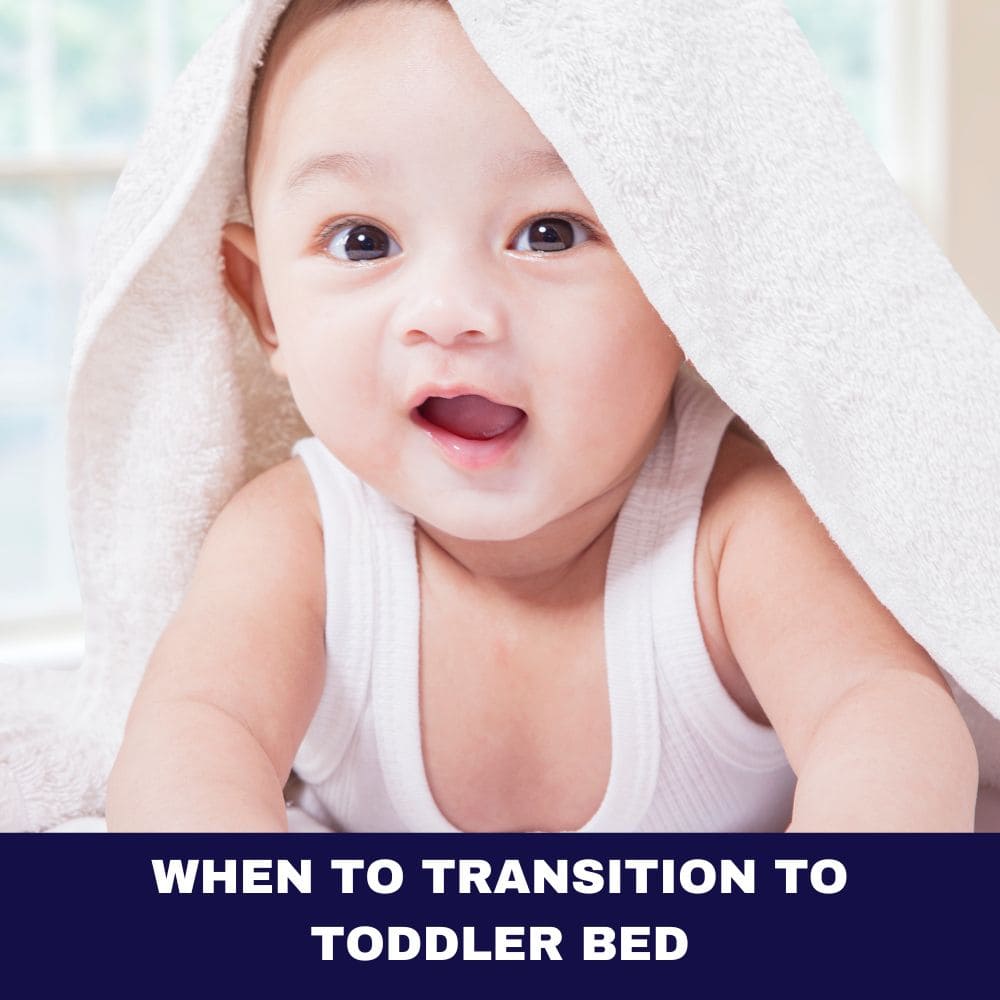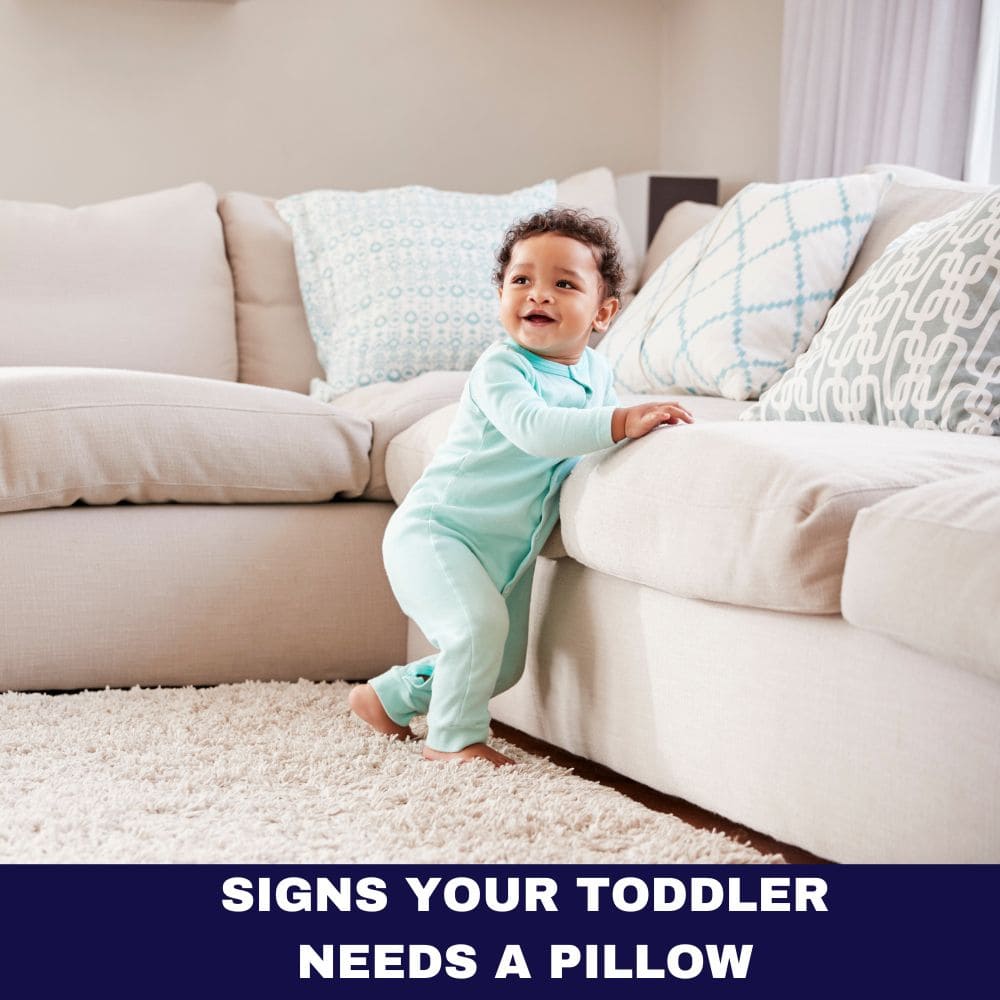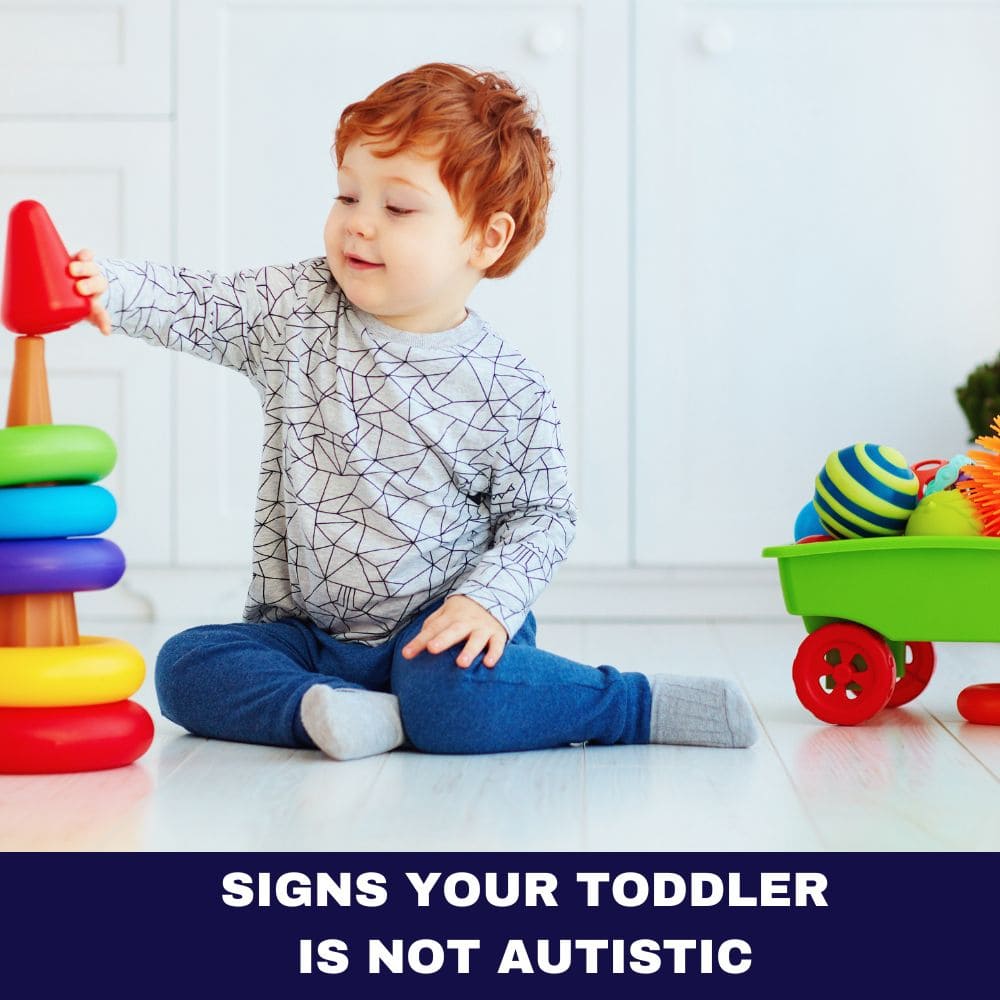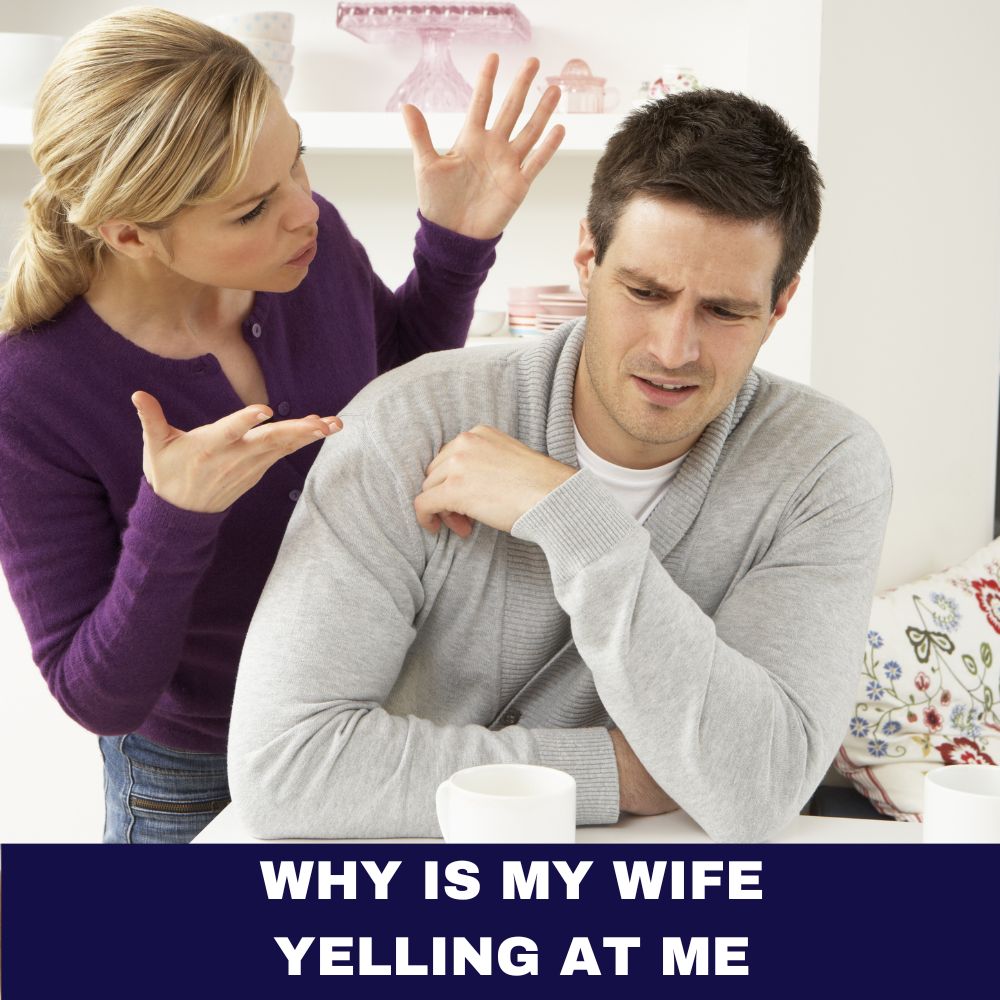Seeing my little one baby grabbing back of head and crying out in distress felt like a punch in the gut. As a first-time mom, I had no idea what was causing this behavior or how to make it stop. I felt powerless to help my poor baby, who would scream and clutch the back of their head for minutes on end.
After the third sleepless, tear-filled night, I knew I had to figure something out. I started asking around, searching online, desperately gathering information to understand why this might be happening. What I discovered brought immense relief – this baby grabbing back of head pattern is quite common among babies and, while uncomfortable, is rarely serious.
When Babies Keep Grabbing Their Head
As it turns out, there are a number of potential explanations for a baby persistently grabbing back of head:
It Could Be Sensory Exploration and Motor Skills Development
Babies discover the world around them through touch. Grabbing the back of their head allows them to map out the shape and feel, helping their little infant brains comprehend this key part of their body. It’s just a standard part of infant development.
It Could Be a Self-Soothing Baby Behavior
Think of it like sucking their thumb or snuggling a lovey. The repetitive motion is calming and helps lull them to sleep. Grabbing their head might be your baby’s go-to self-soothing mechanism.
It Could Signify Baby Discomfort
While less common, recurring baby grabbing back of head can stem from a medical condition like infant plagiocephaly (flat spots on the head) or baby torticollis (tight neck muscles). Baby teething and ear infections in infants might also elicit this reaction.
It Could Be Environmental
Loud noises, bright lights – basically any overstimulating environment can cause a baby to cover their ears and clutch their head. Their senses are so highly tuned that the world often feels abrasive.
Figuring out the trigger means paying close attention to any correlations with time of day, baby’s position, location, etc. Track their behaviors and look for patterns. This can provide insight into why it’s happening.

Calming Your Distressed Infant
Seeing my smiling bundle of joy scream at the top of their lungs while gripping their head crushed me. I felt so powerless – until I realized there ARE things you can do to soothe a discomforted, distressed babe grabbing back of head.
Examine Their Head
Gently run your fingers over their soft spot and along their skull. Feel for any flat spots or unusual bumps that could signify baby plagiocephaly or other medical issues needing treatment. Also check for signs of overheating from a fever.
Try Infant Massage
There are techniques specifically targeting baby plagiocephaly and baby torticollis you can ask your pediatrician or look up. But even standard infant massage strokes along the neck and shoulders can release built-up tension.
Minimize Environmental Factors
Note what’s going on around them when the head grabbing occurs. Turn down music, dim bright lights, and decrease other overstimulating sensory input. See if eliminating certain triggers helps prevent or calm the episodes.
Experiment with Positions
If it seems to happen more in certain positions, adjust how you’re holding them. Elevate their head, shift pressure points, and see if support in a different posture makes them more comfortable.
Offer Distractions
Redirect their attention with toys, songs, touch, noise – whatever captures their interest. Engaging other senses can override the discomfort and end the painful crises.
Have them clutch a favorite baby teething toy or lovey instead since something will likely end up in those little hands anyway.
Home Remedies for Extra Infant Comfort
In tandem with the calming techniques during a distress episode, try these proactive remedies to ease any underlying issue prompting the discomfort in the first place:
Warm Baths: Give them a nice, relaxing pre-bedtime soak to reduce built-up tension from the day. Just avoid soap that could further irritate skin.
Teething Toys: Chilling plastic teethers or wet washcloths in the fridge then allowing them to gnaw can tremendously help swollen, irritated gums.
Light Baby Massage: Gently knead the neck, jaw, and head areas to loosen the muscles and increase blood flow to nix pain. But go slowly and avoid pressure.
Distraction Tactics: Shift focus to a beloved toy or book when you notice them start grabbing their head. Engaging elsewhere essentially hits the reset button for their senses.
Adequate Rest: Maintaining consistent nap/sleep schedules ensures they recharge properly and avoids toddler exhaustion.
Proper Hydration: Water helps circulation and preventing headaches. Feed them their normal milk/formula amounts plus the occasional bottle of cold water.
Ice or Cold Pack (from doc approval): Either directly on a flat spot starting to form or placed near (not directly on) the ear for infant ear infection relief.

Signs It’s Time to Call the Doctor
While most cases of baby head grabbing are harmless, some warrant further inspection by your pediatrician.
Red flags include:
- High, persistent infant fever
- Inconsolable crying bouts
- Repeated vomiting
- Signs of an ear infection in babies – draining fluid, redness, swollen lymph nodes
- Not meeting infant milestones like lifting head when on tummy
- Not sleeping well or decreased appetite
- Soft spot bulging or sunken-in
- Unusual eye movement, facial asymmetry, or stiffness turning head to one side
If you notice any of the above symptoms in tandem with the head grabbing and crying, make an appointment right away to determine next steps.
It could require:
- Muscular-skeletal evaluation
- Baby plagiocephaly helmet
- Imaging tests
- Physical therapy
- Surgery in severe cases
The sooner you get medical guidance, the simpler treatment tends to be if intervention is necessary. Don’t hesitate consulting a specialist if basic tactics don’t help and your parental instincts say something’s off.
Prevention Moving Forward
While no one can guarantee a baby will stop grabbing their head, implementing preventive measures can potentially minimize discomfort and likelihood for concerning complications.
Maintain Infant Sleep Schedule
Overtired infants get fussy and bothered more easily. Prioritizing uninterrupted night sleep and consistent naptimes allows their body to fully recharge and avoid signs of toddler exhaustion.
Check Their Position
Make sure nothing cramps their neck or presses oddly on their skull. The position of sleep surfaces and car seats matters. Alter areas causing discomfort.
Feed a Nutritious Diet
Properly nourished babies have fewer issues like headaches, constipation, rashes that add irritation making them grabby. And stay hydrated for overall infant health!
Stimulate Their Senses
Allow supervised tummy time for neck muscle strengthening. Introduce various sounds, songs, lights, etc for sensory development so environmental factors become less overwhelming.
Keep Up Hygiene
Follow doctor guidelines on cleaning infants’ ears and how to wipe eye/nose gunk that could increase discomfort and pain.

Extra Infant Comfort Measures
No one wants their precious little nugget miserable. Having some tricks up your sleeve to pull out when the grabbing starts can help tremendously:
Be Present
Talk or sing to them lovingly, cuddle them close. Let them know you are right there ready to understand what they need and make it better.
Offer a Pacifier
The sucking motion is therapeutic. This harmless habit provides comfort and distraction for fussy infants.
Use White Noise
The static drowns out other abrasive sounds letting them chillax. The harmony and consistency have a calming effect.
Employ Tried-and-True Distractions
Shaking a rattle, playing peekaboo, funny silly faces – whatever never fails to capture their attention and take their mind off discomfort is worth a shot!
Follow Feeding Cues
If pulling away from the breast or bottle, taking a break might provide relief. Or if showing hunger signs, a nice full belly could prevent fussiness.
As long as your pediatrician gives baby a clean bill of health, have confidence that this head clutching will pass! Stay calm yourself, respond with empathy, and offer comfort until the phase runs its course without intervention or pass with simple home treatment! But also trust those parental instincts if something seems off and don’t hesitate getting medical insight.
You’ve got this mamas and papas! With knowledge and support, soon it’ll just be a distant memory.
The Last Word
As an anxious new mom, I wished someone had better prepared me for the baby head clutching phenomenon. My girl’s pediatrician later explained that this temporary discomfort is quite common and innocuous in most cases.
While still unsettling to witness, understanding the range of causes and having helpful responses in my toolkit kept me calm. I felt empowered soothing my baby by following the preventive and comfort measures outlined here.
Soon enough we were back to blissful days of giggles and cuddles. Have hope that the period of head grabbing will run its course without intervention or pass with simple home treatment! But also trust those parental instincts if something seems off and don’t hesitate getting medical insight.
You’ve got this mamas and papas! With knowledge and support, soon it’ll just be a distant memory.
FAQs – The Ultimate Solution for Baby Grabbing Back of Head
As a first-time parent desperate to understand why my angel was screaming and grabbing her head, I scoured message boards and asked everyone for advice. Here are the most common questions I came across:
Why does my baby keep grabbing their head and crying?
Beyond signaling medical issues needing a doctor’s attention, it likely falls into one of these categories:
- Self-soothing habit
- Sensory/environmental overstimulation
- Physical discomfort from minor causes like gassiness
- Exploring infant motor skills development
Figuring out the trigger for your baby’s specific case allows you to tailor your response effectively.
When should I worry about baby head grabbing?
In general, unless accompanied by other alarming symptoms, a baby clutching their head is not cause for alarm as long as episodes resolve relatively quickly.
Consult your pediatrician if it exceeds 5 minutes, prevents sleeping, or occurs with high infant fever, rigid neck, light sensitivity, appetite changes, etc.
What is the best way to comfort baby grabbing their head?
First determine the reason, then employ targeted relief tactics explained above – position change, toys, lower stimulus, pain meds if recommended by their physician.
Distraction and sensory soothing techniques like sound machines, cold teether or towels, gentle touch often do wonders as well.
Will my baby stop grabbing their head?
In most cases, yes… as the underlying cause resolves itself or adapts treatment. Rarely will benign grabbing persist lifelong.
If stemming from developmental phases or common culprits like reflux, infant sleep regressions, etc. take comfort that it should pass over time. Stay observant for other health signals requiring medical support.












Comments are closed.